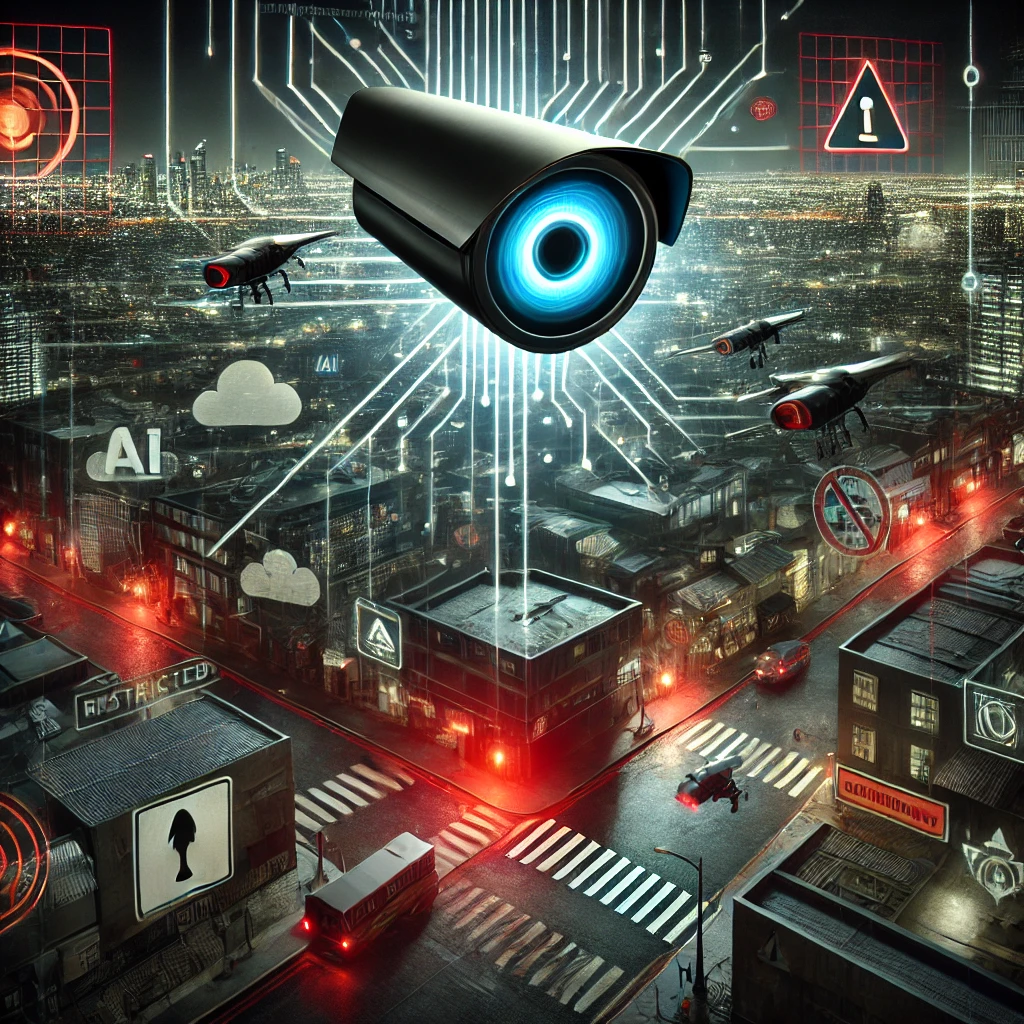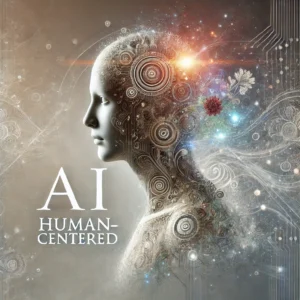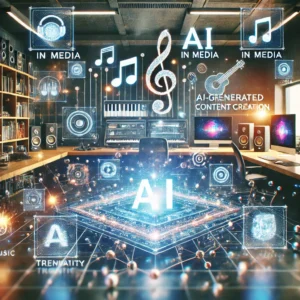
While artificial intelligence (AI) has the potential to bring numerous benefits, it also poses significant risks and negative consequences. From job displacement to bias, it’s essential to examine the dark side of AI.
AI Risks: Job Displacement and Bias
Job displacement: AI automation could displace certain jobs, particularly those with repetitive tasks.
Bias: AI systems can perpetuate existing biases if they’re trained on biased data.
Mitigating the Negative Consequences of AI
Upskilling and reskilling: Invest in education and training programs to help workers develop new skills.
AI governance: Establish regulations and guidelines for AI development and deployment.
Human-centered design: Prioritize human-centered design principles to ensure AI systems serve human needs.
The Ethics of AI
AI ethics is a growing concern, as AI systems can perpetuate existing biases and create new ones. To address this, it’s crucial to:
Address bias and fairness: Ensure AI systems are transparent, explainable, and fair.
Prioritize transparency and explainability: Make AI decision-making processes transparent and understandable.
Ensure accountability and responsibility: Hold developers and users accountable for AI-driven outcomes.
Future Directions
As AI continues to evolve, it’s crucial to address the risks and negative consequences. Some potential future directions include:
Increased focus on AI governance and regulation.
Greater emphasis on human-centered design principles.
More research on AI ethics and bias.
Development of AI that complements human capabilities.
Let me know if you’d like me to expand on this further!

